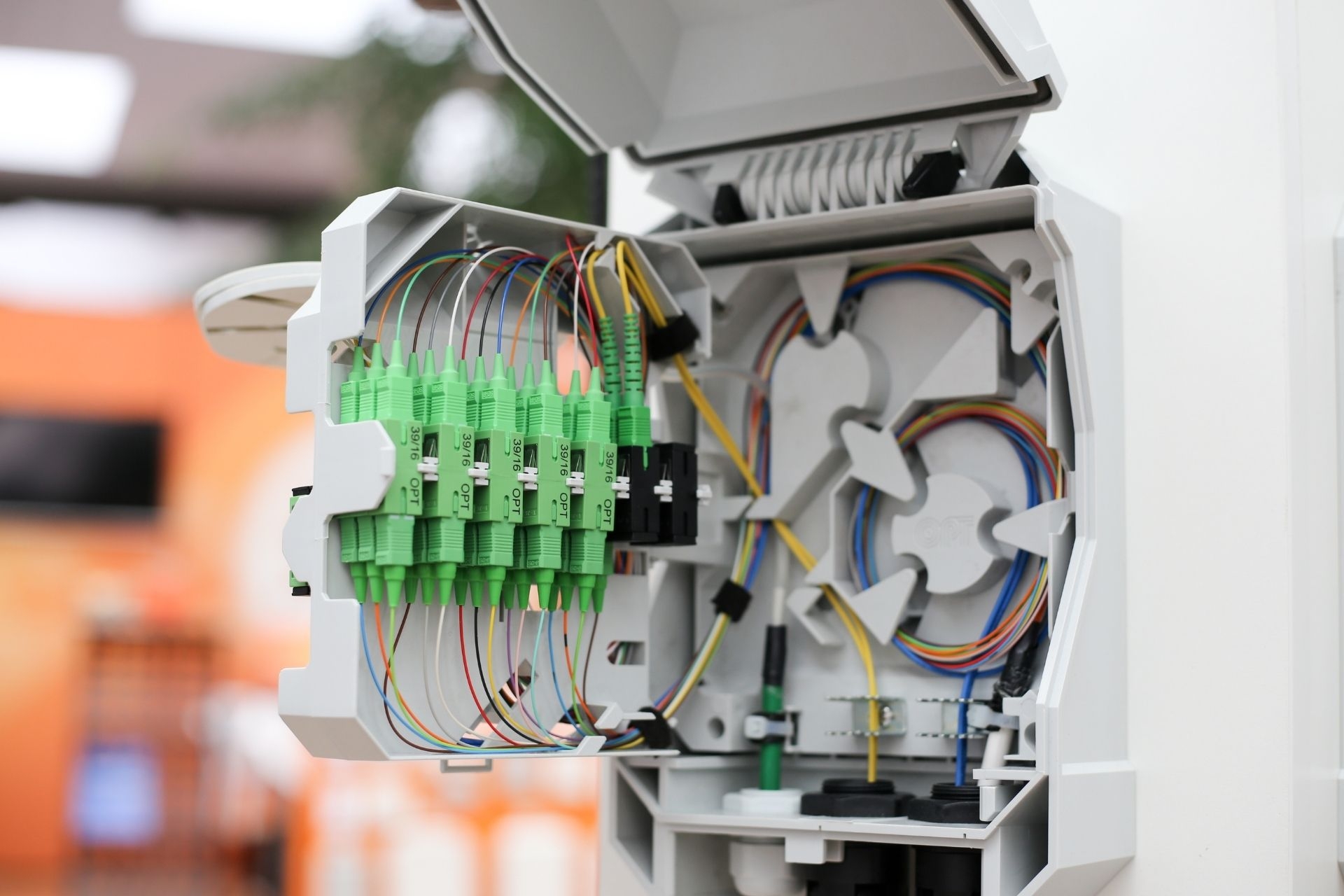Distributed Denial of Service (DDoS) Mitigation Appliances
How do DDoS mitigation appliances detect and block malicious traffic in real-time?
DDoS mitigation appliances utilize various techniques such as deep packet inspection, rate limiting, and traffic profiling to detect and block malicious traffic in real-time. Deep packet inspection allows the appliance to analyze the contents of each packet to identify any anomalies or suspicious patterns. Rate limiting helps to control the flow of incoming traffic and prevent overwhelming the network. Traffic profiling involves monitoring and analyzing the behavior of incoming traffic to identify potential threats and take appropriate action to block them.








